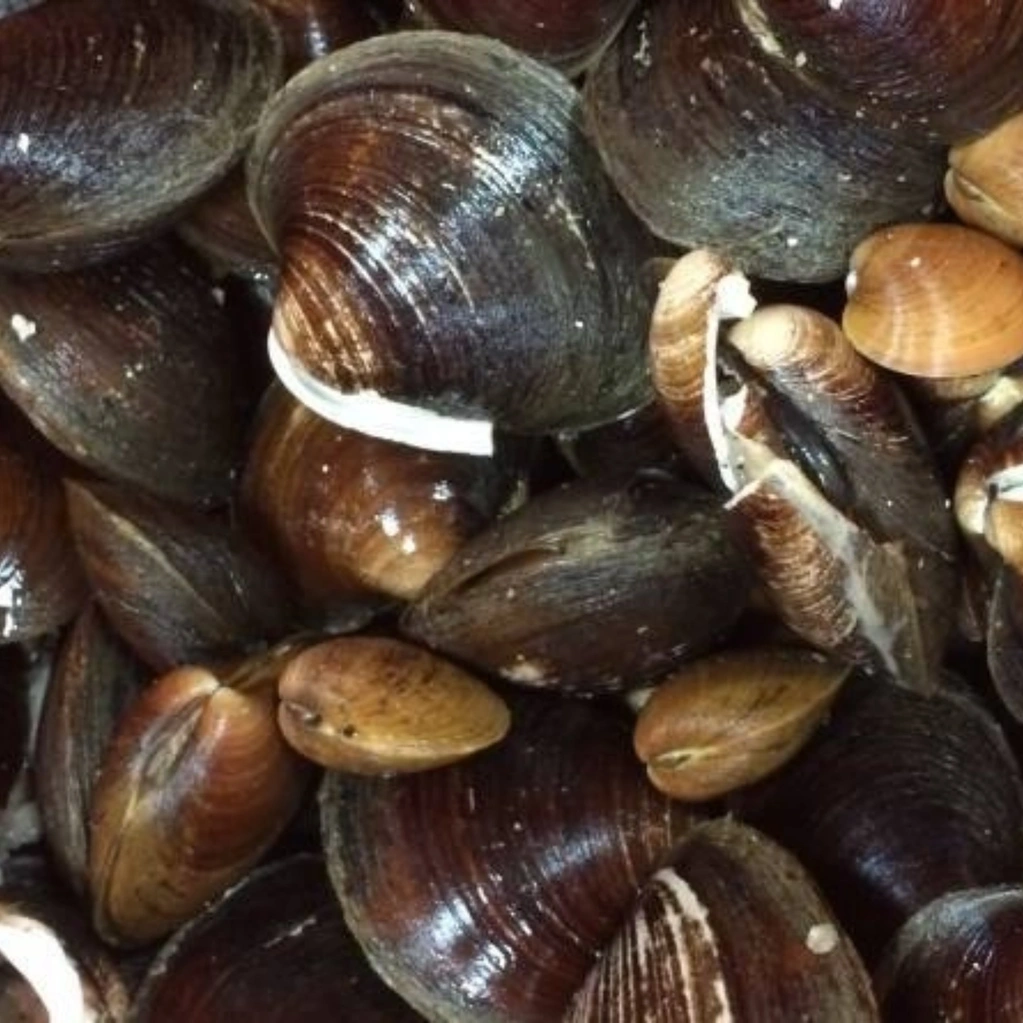
Klimatema
Paleo Climate
Studying ancient climate can be an important guiding tool to understand our present and future climate. At the Bjerknes Center researchers use a variety of methods to unlock the secrets of climate pasts. From studying ocean sediments, or air bubbles trapped in ice, to looking at carbon molecules in lakebeds and studying the rings of sea shells. By learning to read natures subtle clues, we unlock amazing knowledge from the past.
Oppdatert 09. April 2025

Environmental Ancient DNA – a game changer in paleo sea ice research?
Reading a biology paper five years ago, paleoceanographer Stijn De Schepper got an idea. If sea ice contains DNA from algae, what happens when the ice melts? Could DNA in ocean sediments tell of ancient ice conditions? The first article on this has just been published, with DNA going back 100,000 years. This is Stijn De Schepper's own account.

The frozen secrets of Greenland and Antarctica
The young researchers in the DEEPICE and SNOWISO projects are seeking deeper insights into our climate and polar history. Researcher Laura Jasmin Dietrich is part of the SNOWISO project to understand what different types of water isotopes in ice cores from Greenland can tell us about the past climate.

Seashells to hold the reins of climate models
Since 1900 the North-Atlantic has oscillated between warm and cool periods of a few decades. The century long record is too short to show why. Climate models and old seashells will extend the series to the Viking age.
Layer by Layer Through the Beginning of Humanity
A hundred thousand years ago, in the Middle Stone age, people lived in caves along the Southern African coastline. How did climate affect their behaviour and evolution? This is one of the questions for the researchers in the SapienCE (Centre for Early Sapiens Behaviour) Archaeologists, psychologists and climatologists work together to find out how our ancient ancestors lived and developed. Margit Simon is a researcher at NORCE and the Bjerknes Centre, investigating the climate conditions for the early human beings living in caves in the Middle Stone Age. For her, this is a very special project. In collaboration with archaeologists, she can compare her findings on climate conditions, up to when people changed their daily habits.
We are Very Fond of Mud! - Paleoclimate With Eystein Jansen
Professor Eystein Jansen is one of the founders of the Bjerknes centre for climate research. His field, paleoclimate, is vital to understand how earths climate has changed and is still changing. By studying the past, we have been able to do good predictions of how we humans affect the climate we have now, and the future climate.
Our host Stephen Outten is from the Nansen Environmental and Remote Sensing Center and our co-host Ingjald Pilskog is from the Western Norway University of Applied Sciences.